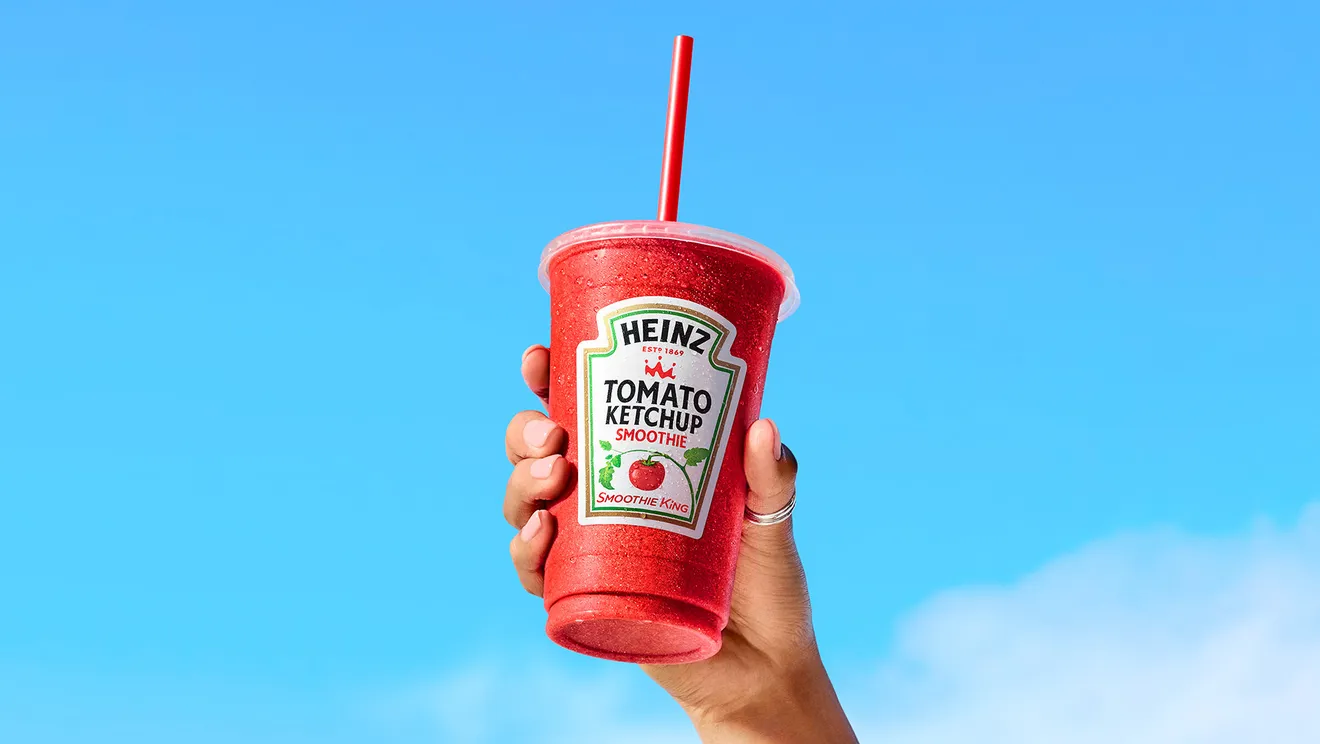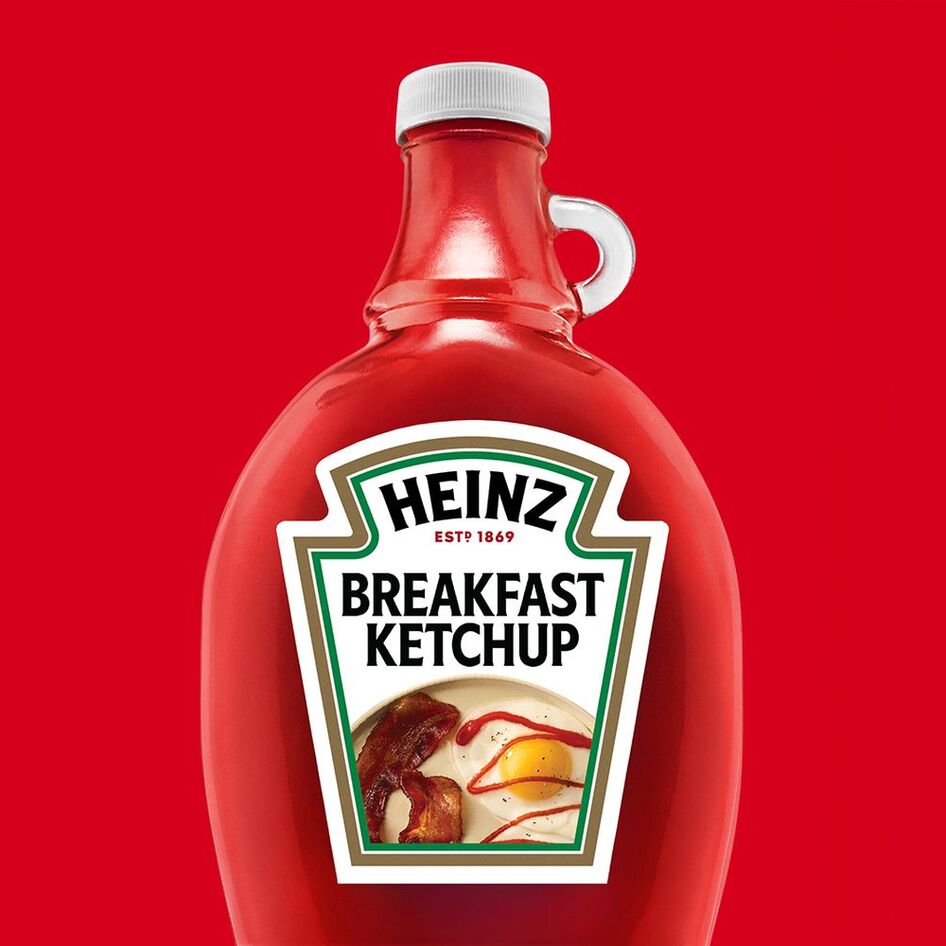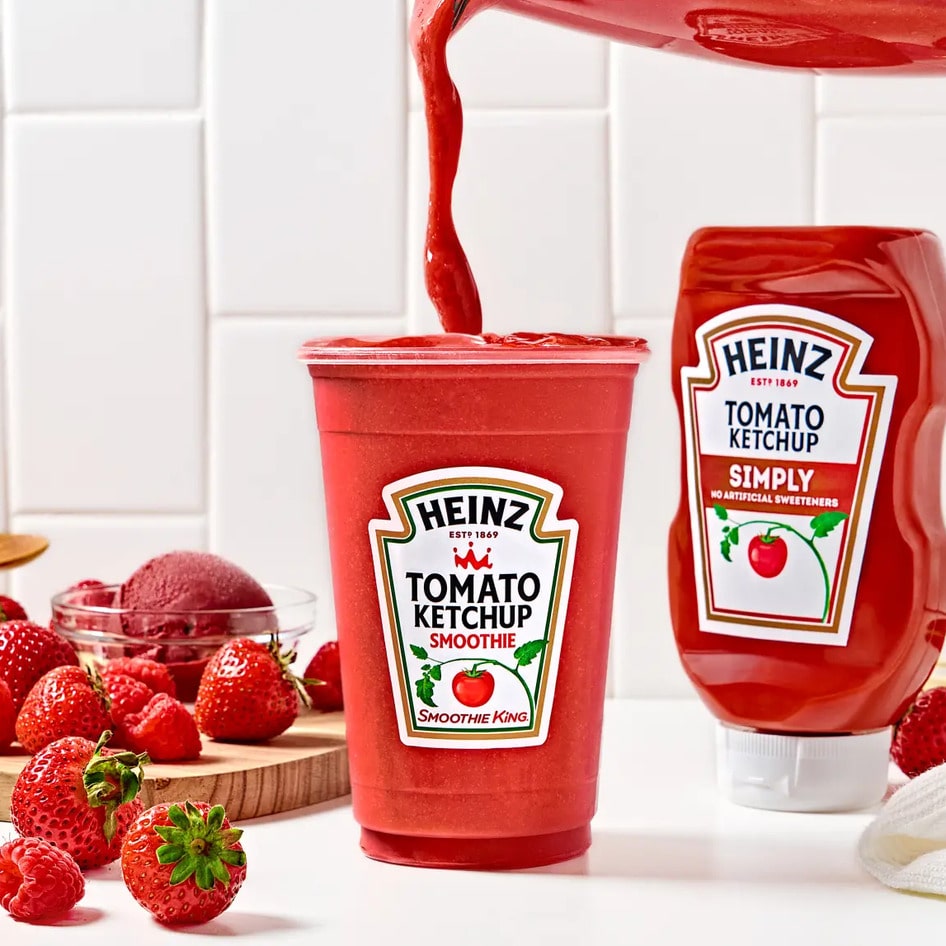When former president Barack Obama made headlines this summer, it was not for policy, but for condiments. Speaking on Michelle Obama’s IMO podcast, he quipped: “In my opinion, you should not eat ketchup after the age of eight.” The remark quickly set off debates across social media and dinner tables, reviving an old Chicago tradition of deriding ketchup as a childish topping, particularly on hot dogs.
“Nothing against kids having ketchup,” Obama said. “Ketchup on their burgers, ketchup for their fries and even—which is hard for me to watch—ketchup on hot dogs. But at a certain point, you gotta kind of outgrow it.”
 Deedee Photos
Deedee Photos
The former first lady, Michelle Obama, was quick to disagree. “We at IMO have nothing against ketchup,” she said. “Nobody in our family is following his lead.”
The Chicago rule of ketchup
Obama’s comment aligns with the longstanding culinary code of his hometown. In Chicago, adding ketchup to a hot dog is considered a faux pas so grave it borders on sacrilege. The city’s sausage vendors have long resisted the red squeeze bottle, preferring mustard, onions, and pickles. Obama has voiced this view before, but the latest iteration broadens the critique from a hot dog taboo to ketchup in general, putting the condiment in the cultural crosshairs once again.
 @realdonaldtrump | Instagram
@realdonaldtrump | Instagram
The jab also lands in sharper relief against a political backdrop where Donald Trump, famous for his love of McDonald’s and ketchup-doused steak, has made fast food central to his public persona. In that light, the former president’s remark reads not only as a Chicago culinary stance but also as a cultural dig at the unshakable fast-food appetites of his successor.
What’s really in ketchup?
From a nutrition standpoint, Obama’s dismissal of ketchup may not be entirely unfounded. A single tablespoon of ketchup contains roughly four grams of sugar and about 190 milligrams of sodium. While the calorie count is low—about 15 calories per tablespoon—nutrition experts caution that the real issue is portion control. Most consumers use far more than a spoonful, which can add up quickly in sugar and salt intake.
According to the British Heart Foundation, one tablespoon delivers more than a teaspoon of sugar, while the World Health Organization recommends limiting free sugars to no more than 30 grams per day. That means just a few generous squirts of ketchup can put a dent in an adult’s daily allotment.
Adults, children, and taste
The heart of Obama’s critique is less about metabolic health than about maturity of taste. Ketchup’s sweetness, balanced with vinegar tang, appeals strongly to children’s palates, which are hardwired to favor sugar. As people age, taste buds tend to adjust toward more complex or bitter flavors, which is why mustard, salsa, or fermented sauces often become more appealing.
Still, research shows that adults remain heavy ketchup consumers. Heinz alone sells more than 650 million bottles annually worldwide. In the US, ketchup is the second most popular condiment after mayonnaise, with sales topping $1 billion in recent years.
 Heinz
Heinz
The ketchup giant has embraced pop‑culture provocation with its latest collaboration: the first‑ever Tomato Ketchup Smoothie, unveiled this August in partnership with Smoothie King. The limited‑edition blend mixes Heinz Simply Ketchup with açai sorbet, apple juice, strawberries, and raspberries—delivering what it says is a “sweet and fruity smoothie with a bright, tangy ketchup finish” that aims to challenge expectations and spark conversation. The release was both tongue-in-cheek and a signal that ketchup can be reimagined for a wellness-minded audience.
Healthier alternatives
Nutritionists do not suggest eliminating ketchup entirely but recommend moderation and opting for healthier versions. Brands now offer reduced-sugar and low-sodium formulations. Homemade options can also lower additives while preserving tomato richness. For those seeking flavor beyond ketchup’s sweetness, salsa, chimichurri, or mustard provide depth without the added sugar load.
BECOME A VEGNEWS VIP: Get exclusive product deals, freebies, and perks galore!
The National Kidney Foundation advises that ketchup is fine in moderation but can become problematic for people with high blood pressure or kidney concerns, due to its salt content. Reading labels carefully or choosing “no added sugar” varieties can mitigate risks.
Is Obama right?
Obama’s quip has cultural weight, but nutrition science takes a more balanced view. Ketchup is not inherently dangerous, nor is it strictly for children. It does, however, belong in the category of condiments best used sparingly, especially for adults mindful of sugar and sodium intake. Whether one sides with Obama’s decree or not, his comment has reignited a conversation about taste, tradition, and the sauces that define American eating habits.
For more plant-based stories like this, read:
JUMP TO ... Latest News | Recipes | Guides | Health | Subscribe








